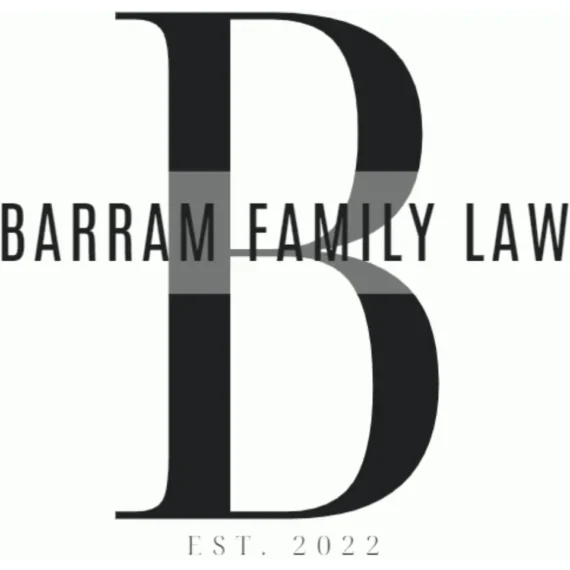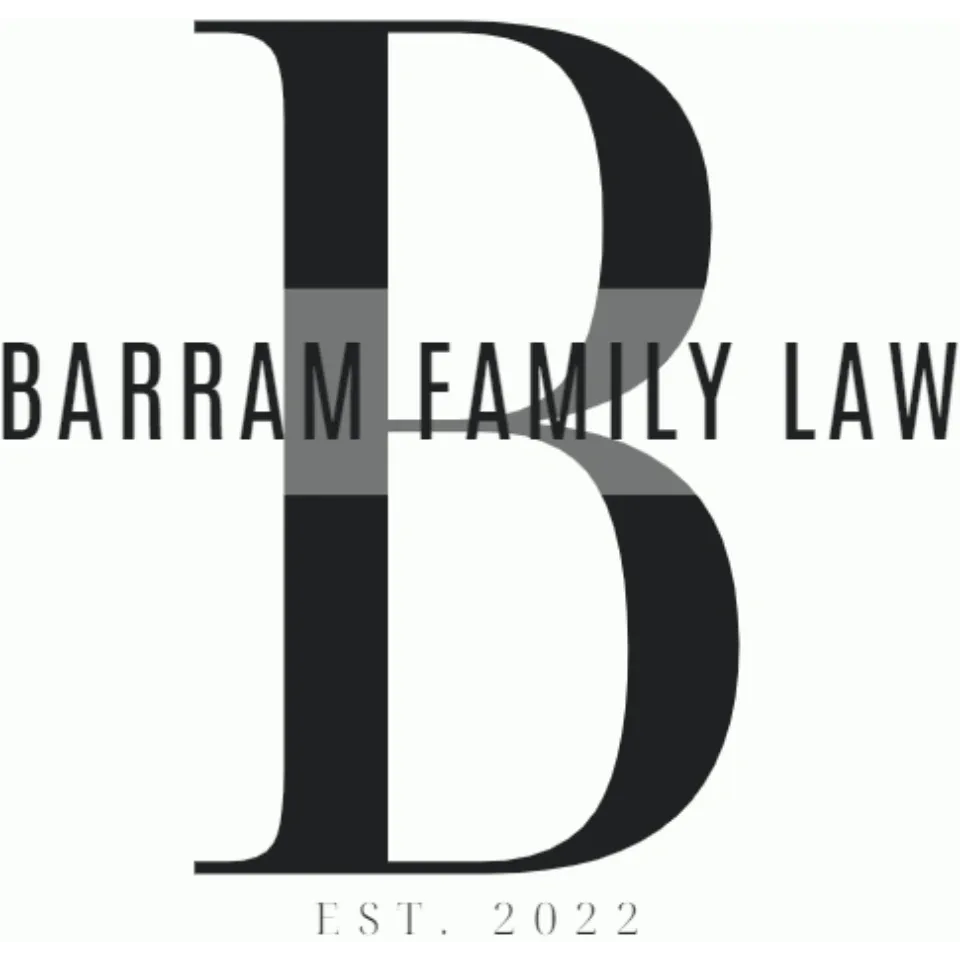Property Settlement – Common Myths
17 January 2023
‘PROPERTY’ JUST MEANS THE HOUSE
Completely untrue.
‘Property’, for the purposes of the Family Law Act, includes all assets, debts and superannuation entitlements. So the house, mortgage, cars, furniture and effects, superannuation et cetera are all included in the definition of ‘property’.
THE PROPERTY POOL AS IT STOOD AT THE DATE OF SEPARATION IS DIVIDED
Usually not true.
Typically, it is the property pool as it stands at the date of settlement, or trial, that is divided (even if the settlement or trial takes place years after separation).
The parties’ post-separation contributions to the pool are, however, taken into account such that a fair division should occur.
When you think about it, such an approach makes a lot of sense.
Take a property pool that has significantly decreased in value after separation due to a falling real estate market for example.
Let’s use a scenario where separation occurred in 2012, and the pool at that time included a house in a mining town with $200,000 of equity in it. If settlement, or a trial, takes place in 2022 and the equity in the house is then worth just $50,000 due to a fall in the market, it would be impossible to split the equity in the house on the basis of its quantum at separation ($200,000) as the equity has dropped to $50,000
ONLY ‘JOINTLY OWNED’ PROPERTY IS INCLUDED IN THE POOL
Completely untrue.
All assets, debts and superannuation entitlements are included in the property pool to be divided. That doesn’t mean everything must be split down the middle, but everything must certainly be accounted for in Court Orders, including Consent Orders.
This may seem a bit unfair at first glance, particularly where one party has bought property after separation with funds saved post-separation for instance, or come into the relationship with a significant item of property, but again, the fact that a party alone has ‘contributed’ to the purchase of an item must also be taken into account.
“HE/SHE’S ENTITLED TO HALF OF MY SUPER”
Not necessarily true.
Often in family law property settlements superannuation isn’t actually even split; that is,



